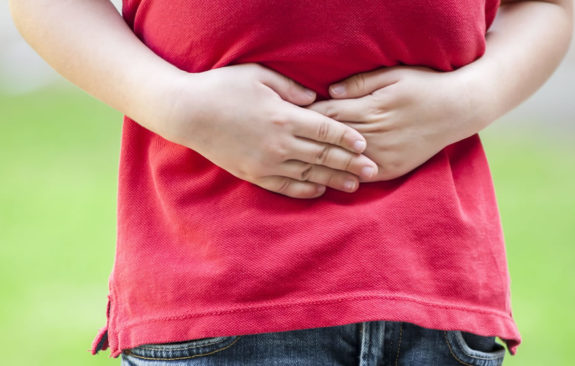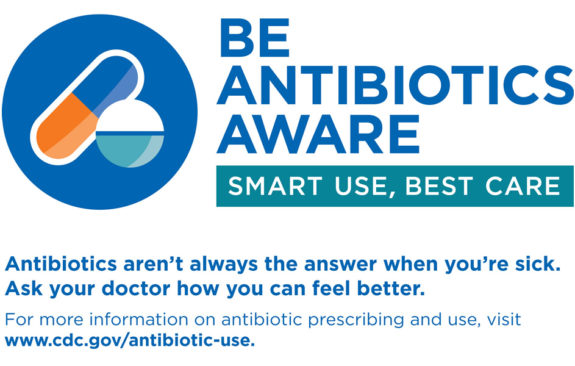What is it?
Diarrhea refers to the passage of three or more loose or watery stools per day. The most common cause in children is viral. However, there are other reasons children can have diarrhea such as bacteria, parasites, food allergies and excessive juice intake.
What are the symptoms?
Diarrhea can occur isolated, meaning by itself, or it can present along with nausea, vomiting, abdominal pain or cramps, and fever.
How do I take care of it?
Treatment depends on the age of the child or the severity of the symptoms. Most diarrhea can be treated at home. If the diarrhea is mild (4-6 per day), it is advised to continue a normal diet, meaning that infants can continue breast or formula feeding, and children can drink milk and eat a balanced and healthy diet. If the diarrhea is moderate (6-10 per day), you can supplement with Pedialyte or Low calorie Gatorade for 6-12 hours. If your child is less than one, please keep in mind your child will need calories, therefore it is important to begin formula as soon as possible. If the diarrhea does not improve within three days, you can try soy formula if directed by your Pediatrician. Do not give babies water because it may cause problems with the blood sodium. If your child is over one year of age, you can offer a low fat, low sugar diet such as toast, noodles, eggs, yogurt, soup, and vegetables. The American Academy of Pediatrics no longer recommends the “BRAT” diet. There may be a slight increase in diarrhea when restarting food, and that’s OK! Many medical studies have found that early feeding promotes a speedier recovery.
What do I look out for?
Please visit your primary medical provider, local pediatric urgent care or pediatric emergency department if your child appears dehydrated, has less than 1 urine every 12 hours, fever for more than 3 days, temperature over 105°F, severe or persistent abdominal pain, bloody diarrhea, more than 10 diarrhea stools per day or anything else that may concern you. At Little Spurs Pediatric Urgent Care, we are here to help!
===
¿Qué es?
La diarrea se refiere al pasaje de 3 o más heces sueltas o acuosas por día. En niños, la causa más común es viral. Sin embargo, hay otras razones por las cuales los niños pueden tener diarrea, como bacterias, parásitos, alergias alimentarias y consumo excesivo de jugo.
¿Cuales son los sintomas?
La diarrea puede ocurrir aislada, es decir, por sí sola, o puede presentarse junto con náuseas, vómitos, dolor abdominal o calambres y fiebre.
¿Cómo lo cuido?
El tratamiento depende de la edad del niño o de la gravedad de los síntomas. La mayoría de las diarreas se pueden tratar en casa. Si la diarrea es leve (4-6 por día), se recomienda continuar una dieta normal. Los bebés pueden continuar con la alimentación con leche materna o con fórmula, y los niños mas grandes pueden beber leche y llevar una dieta equilibrada y saludable. Si la diarrea es moderada (6-10 por día), se puede complementar con Pedialyte o Gatorade bajo en calorías durante 6-12 horas. Si su hij/a es menor de 1, tenga en cuenta que necesitará calorías, por lo tanto, es importante comenzar la fórmula lo antes posible. Si la diarrea no mejora en 3 días, puede probar la fórmula de soya siempre y cuando se lo indica su pediatra. No se le debe dar agua a los bebés porque puede causar problemas con el sodio en la sangre. Si su hijo/a tiene más de 1 año de edad, puede ofrecerle una dieta baja en grasas y azúcar como tostadas, fideos, huevos, yogurt, sopa y verduras. La Academia Estadounidense de Pediatría ya no recomienda la dieta “BRAT”. Puede haber un ligero aumento en la diarrea al reiniciar la comida, ¡Esto no hace daño! Muchos estudios médicos han encontrado que la alimentación temprana promueve una recuperación más rápida.
¿Qué debe preocuparme?
Visite a su proveedor médico, clínica de urgencias pediátricas o sala de emergencias pediátricas si su hijo/a parece deshidratado, tiene menos de 1 orina cada 12 horas, fiebre persistente de más de 3 días, temperatura por encima de 105F, dolor abdominal intenso o persistente, diarrea con sangre, más de 10 deposiciones de diarrea por día o cualquier otra cosa que pueda preocuparle. ¡En Little Spurs Pediatric Urgent Care, estamos aquí para ayudarle!
Little Spurs Pediatric Urgent Care opened in 2006 in San Antonio, Texas. With multiple locations in San Antonio and Dallas, they are open seven days a week with extended evening hours and see walk-in patients or through an online check-in system. They accept most commercial insurance and Medicaid plans. More information about Little Spurs Pediatric Urgent Care can be found at www.littlespurspedi.com.



